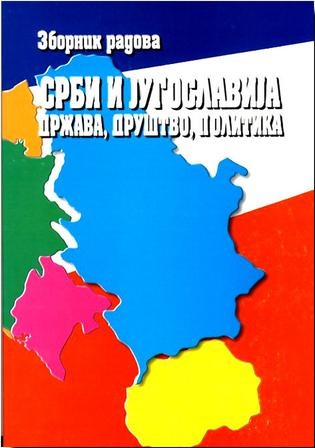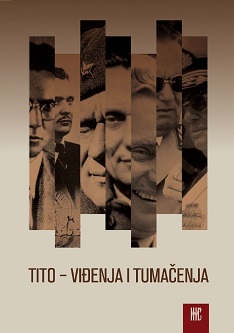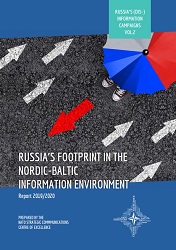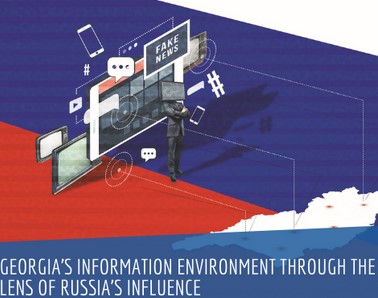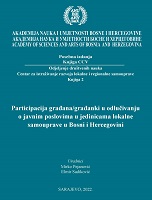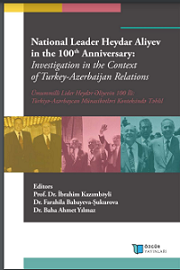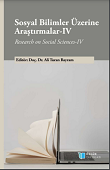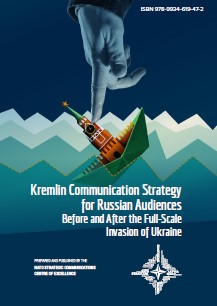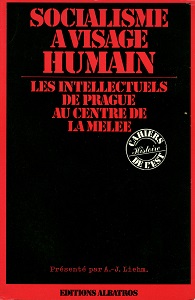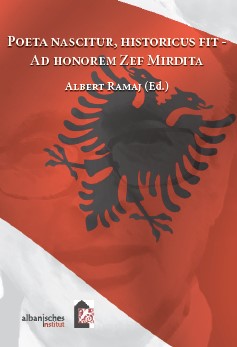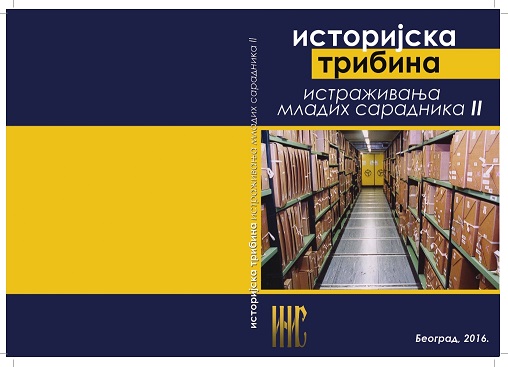
Од узорног омладинца до бутовника без разлога – популарне представе о фудбалерима у Југославији 50-их и 60-их година 20. Века
Sport, and football in particular, became very important factors in the social life of the 20th century Serbia and Yugoslavia. Because of its significance and influence on the masses, football was under heavy pressure of the political establishment throughout the century and those political factors tried to use football for their own political goals. The policy of football control which existed in pre-WW II Yugoslavia and during the war and occupation was continued during socialism. The communist authorities abolished the „bourgeois” sporting system and tried to build their own, using constraint, ideological indoctrination and propaganda. The popular notions of footballers were created and promoted by the controlled media, such as the press and the radio, and those notions were accepted by the public as completely true. Narratives which suited the authorities, such as the one about Stjepan Bobek and Rajko Mitić, which promoted and symbolized the idea of „Brotherhood and Unity”, camaraderie, modesty and willingness to work hard, were constantly present in the public sphere. The seamy side of Yugoslav sport, such as misconduct of sportsmen, ethnic tensions and moral and political corruption, were hidden away from the public. Using the propaganda, in the late 1940's and throughout the 1950's, the notion was created that footballers were model youths and upstanding and worthy members of the socialist community. In the 1960's there was a major shift in the popular views on football and footballers. The public generally focused more on the negative sides of football and footballers who were outside the box and who broke the standard patterns of behavior generally accepted in socialist Yugoslavia. During the 1960's a few footballers emerged who were both loved and hated by the press and by the public alike, such as Dragoslav Šekularac from the „Crvena zvezda” football club. He was probably the first real superstar of Yugoslav football. The causes of this shift in perspective were numerous, most notably larger accessibility of the media content to the average Yugoslav, but also the general trend of liberalization of the public sphere in 1960’s Yugoslavia, which allowed the press to write more freely. The consequences of such a change were numerous, the most important being that the Yugoslav football was rarely used in state political propaganda in the coming years. The football public became more critical and the negative trends in football more visible, making thus the further development of Yugoslav football more similar to that in the rest of Europe and of the world.
More...
